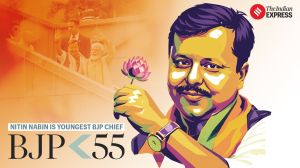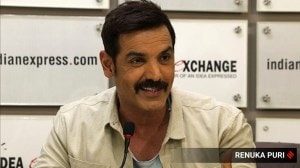More globalisation
FEW among those tracking the trade policies of Union Commerce Minister Arun Jaitley may remember the fact that he belongs to a political par...

FEW among those tracking the trade policies of Union Commerce Minister Arun Jaitley may remember the fact that he belongs to a political party that took pride in protectionism. There is still a residual element of that ideology in the Bharatiya Janata Party, some of it encouraged by the resurgence of protectionism in the developed countries and some of it sustained by domestic lobbies, but no one hears the BJP refer to that famous phrase it coined when writing its 1996 election manifesto, 8220;calibrated globalisation8221;.
To be sure, the measured liberalisation of the external economy that the National Democratic Alliance government has pursued can be dubbed 8220;calibrated globalisation8221;, but compared to the protectionist urges that informed its first couple of budgets in 1998 and 1999, the recent policy announcements of Union finance minister Jaswant Singh and Arun Jaitley show that the NDA and the BJP have come to terms with the underlying reality of India8217;s globalisation. While the decision to free up the import of gold and silver may have more to do with burgeoning foreign exchanges reserves and the need to keep dollar inflows under check, the fact is that most other trade policy measures are aimed at increasing India8217;s trade openness. Those who criticise Jaitley8217;s Cancun rhetoric must measure the man against his actions, not words. On the ground, Jaitley has made the Indian economy more open to external competition and this should be welcomed. His willingness to go ahead with trade facilitation measures, many of them recommended by the Vijay Kelkar committee, also shows India8217;s commitment to deal with the so-called Singapore Issues.
With so many trade barriers being removed the time has come for the government to also take an honest look at some of the non-tariff barriers it deploys so that India is not accused by other developing countries of being as protectionist in practice as it used to be when tariffs were high. Finally, it should be recognised that there is very little trade policy can do as such to increase India8217;s export competitiveness. If exports have to grow and the Indian economy has to be more competitive, it is reform on all the other fronts 8212; in infrastructure, finance and manufacturing 8212; that are needed. The days when 8220;exim policy8221; could work wonders are over. Indeed, the day has come to give up this annual ritual of an exim policy, with government intervening whenever necessary to improve competitiveness and increase trade openness.
- 01
- 02
- 03
- 04
- 05































